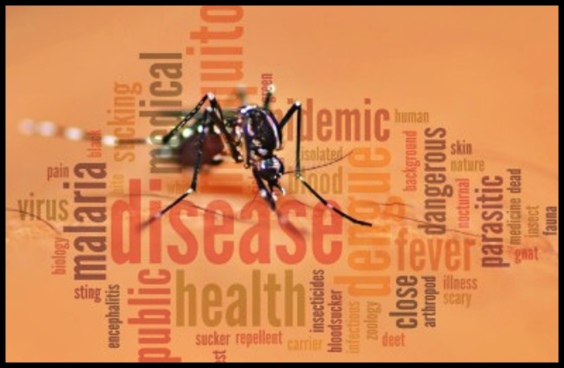Nigeria should pay more attention to research on malaria to strengthen the fight against the disease and reduce its burden, the Malaria Society of Nigeria (MSN) has said.
The President of the society, Dr Babajide Puddicombe, made the call in an interview with the News Agency of Nigeria (NAN) in Lagos on Monday.
Puddicombe spoke against the backdrop of the 2018 World Malaria Day (WMD) to be celebrated on Wednesday, with the theme “Ready to Beat Malaria.’’
“Nigeria is endowed with researchers who can compete favourably with their counterparts from any part of the globe, but they are not adequately funded.
“Some of their equipment are obsolete,’’ he said.
The association president called on governments to adequately fund research and avoid overdependence on foreign grants.
He said that the society would continue to support the three tiers of government in the fight against malaria.
“For Nigeria to be ready to beat malaria as is the theme for the 2018 World Malaria Day, all hands must be on deck as government cannot do it alone.
“Recognised NGOs should be involved in this fight which has been 0n for over 100 years.
“The society is willing and ready to enhance and spread activities to all parts of the country with adequate funding by government and corporate organisations.
“Enough is enough; the time has come to confront the malaria scourge in Nigeria headlong,’’ he said.
He noted that MSN had been involved in awareness campaigns on dangers posed by malaria especially to pregnant women and children under five years.
“We screen members of communities for malaria parasites and treat those that tested positive free.
“At all our awareness campaigns, we distribute free treated nets to all participants after teaching them how to use them, “ he said.
Puddicombe said that Nigeria had the highest malaria burden globally, accounting for about 29 per cent of the world’s malaria burden.
He said that deaths from malaria in the country in 2016 was put at 207,000 documented cases, adding that self-medication for malaria was still a common practice in Nigeria.
“People end up undertreating or using fake or substandard drugs.
“By so doing, they are contributing to the development of resistance to genuine antimalarial preparations by malaria parasites.
“They also stand the risk of developing some complications of malaria.
“It is not every fever or febrile illness that is malaria.
“The need for proper examination by a doctor, followed by blood test to determine the cause of any fever cannot be over-emphasised,’’ he said.
According to the World Health Organisation (WHO), the theme of the 2018 WMD shows the need for collective commitment of the global malaria community to uniting in the common goal of a world free of malaria.
WHO highlights the progress achieved in tackling malaria, one of humanity’s oldest diseases.
“The global response to malaria is at a crossroads. After an unprecedented period of success in malaria control, progress has stalled.
“The current pace is insufficient to achieve the 2020 milestones of the WHO Global Technical Strategy for Malaria 2016 to 2030 targets calling for a 40 per cent reduction in malaria incidence and death rates.’’
It called for greater investment in the prevention, diagnosis and treatment malaria. (NAN)





